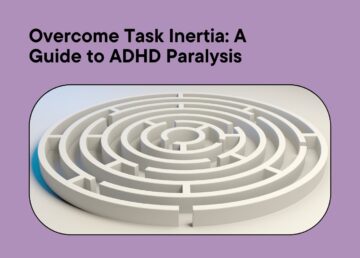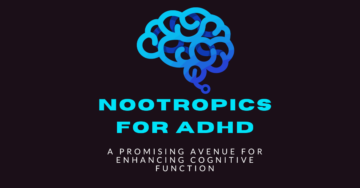
Albert Einstein, Winston Churchill, John D. Rockefeller, and many other great men and women throughout history keep journals. Put differently, they all understood the essence of keeping a journal – and you should too. Guess what, journaling is so easy – you don’t need to be a good writer.
Journaling is the practice of keeping a journal or diary that explores the emotions and thoughts you experience in life. It is an effective way to express yourself without rules and judgment. This way, you can channel both your negative and positive experiences into an outlet that aids self-connection.
Benefits of Journaling to Mental Health
Stress management
An effective way to reduce stress is to write how you feel since your thoughts and feelings are usually related to stressful events. Journaling helps clarify your thoughts and feelings. It also aids in gaining self-knowledge and is an excellent way to solve problems.
For example, after a traumatic event, journaling helps you process the event by exploring and releasing associated emotions. By engaging both hemispheres of the brain, it allows the brain to integrate the experience with your mind.
Managing panic attacks and anxiety
Journaling is an effective tool for tracking your progress, exploring your emotions, and managing stress. It can also be a form of self-exercise on your way to recovery. One of the most researched aspects of journaling is its healing effects. By keeping a journal, you can let go of negativity, focus more on being grateful, and work your way through challenging circumstances and emotions.
You can also use journaling as a coping technique to explore your fears and enhance your personal well-being. Like talking to a friend, you can openly communicate your dreams, disappointments, and worries to yourself. Journaling provides the freedom to express your emotions and inner thoughts for personal development.
If you have an anxiety disorder, keeping a journal can help clear and calm your mind. By writing, you can release bottled-up feelings and gradually let go of negativity. When you review past entries, you can bring your anxiety and panic triggers to awareness and formulate ways to avoid them.
Tracking your progress
You can use your journal to record how you felt before and after applying certain coping skills. This way, you can identify the methods that worked and the ones that didn’t.
When dealing with difficult situations and feeling confused, anxious, or stressed about something – write them down. You will process them easily and make better decisions.
Now when you know the benefits of journaling, we hope you are ready to start your journaling journey.




